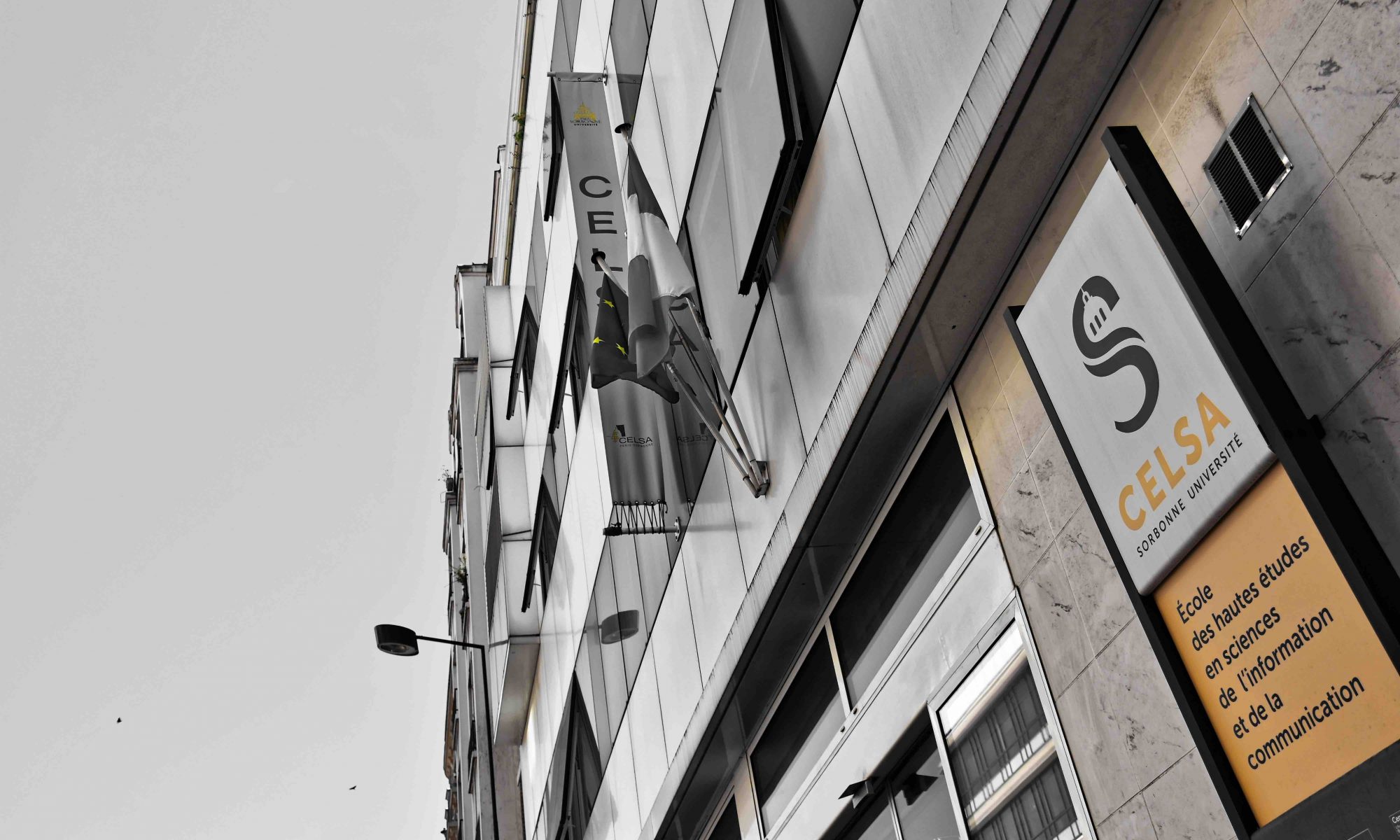Après les attentats de Charlie et ceux du 13 novembre qui ont secoués la France, l’Éducation nationale mise sur la prévention à la radicalisation. Depuis un an, elle a lancé une campagne de formation du corps enseignant. Le but ? Prévenir la radicalisation des jeunes, détecter les signaux, puis donner l’alerte.

Près de deux cents personnes du monde enseignant ont déjà été formées à lutter contre la radicalisation des jeunes. Ce sont en majorité des proviseurs, des inspecteurs ou des responsables académiques. Des sociologues viennent expliquer les processus d’embrigadement, et donnent les clés pour détecter à temps les signaux d’une radicalisation.
Parmi ces signaux, on trouve des propos antisociaux, une rupture avec l’école, avec la famille, un certain repli sur soi, ou encore des paroles xénophobes. Dans ce cas-là, le proviseur doit alerter la préfecture de son département. Un livret sur la prévention a également été mis à disposition sur le site de l’Éducation nationale. Il détaille les signes d’alerte, et rappelle l’existence d’un Numéro vert, le 0 800 005 696, et d’un site consacré à la prévention,
Prévenir la radicalisation des jeunes
Même si ce projet de formation de prévention est encore à l’état d’embryon, puisqu’il ne concerne que 200 membres du corps enseignant, pour Luc Ferreiro, responsable du syndicat enseignant SE-UNSA à l’Académie de Créteil, interrogé par le Celsalab, cette initiative doit être encouragée. « C’est toujours bien de se former. On a parfois la tête dans le guidon et on a besoin d’une piqûre de rappel« .
Pour cet enseignant du second degré, prévenir la radicalisation passe par la prévention des discriminations. « Quand un élève se sent discriminé, isolé, c’est là qu’il y a un risque de déviance. C’est le rôle de l’Ecole d’apprendre à nos jeunes le « mieux vivre ensemble », ainsi que les principes de la République. La radicalisation, c’est vivre à part. Il faut donc lutter contre toute forme de discrimination, qu’elle concerne la couleur de peau, la religion ou encore l’orientation sexuelle. En cela, l’Ecole doit être l’outil d’une « bonne propagande » « , explique-t-il.
Or certains jeunes cachent leur mal-être, dissimulent certains signaux d’alerte. D’où la nécessité de se former pour comprendre le phénomène, et apprendre à ne pas rompre le lien avec les élèves.
Pour le psychanalyste Patrick Amoyel, spécialiste de la déradicalisation auprès des jeunes, il faut être très prudent : « Il ne faut pas vouloir à tout prix être dans un contre-discours idéologique et religieux » explique-t-il au micro de France Info. « Au contraire cette attitude risque de renforcer ses convictions. Il faut offrir des perspectives de revanche sociale par la réussite, ce qui est le rôle de tout éducateur. »
La formation anti-radicalisation est déjà actée dans certaines régions, comme par exemple dans certains lycées de Grenoble. Une nécessité face au chiffre grandissant de radicalisation chez les jeunes. Selon BFMTV, 617 cas de soupçons de radicalisation auraient été signalés par des professeurs depuis septembre dernier. Et selon une étude de l’Unité de coordination de la lutte anti-terroriste, près des deux-tiers des djihadistes français présents en Syrie et en Irak ont entre 15 et 21 ans.
Islamisme : la carte de France de la radicalisation. Les signalements par département (avril 2014 – mai 2015). pic.twitter.com/xZd65lnfzd
— Visactu (@visactu) 18 Novembre 2015
La stratégie de l’Éducation nationale passe par la prévention, afin d’agir à la racine du problème. Or les formations du corps enseignant n’en sont qu’à leur début. Il devient urgent de multiplier ces initiatives, d’accélérer le processus.
Camille Roudet


